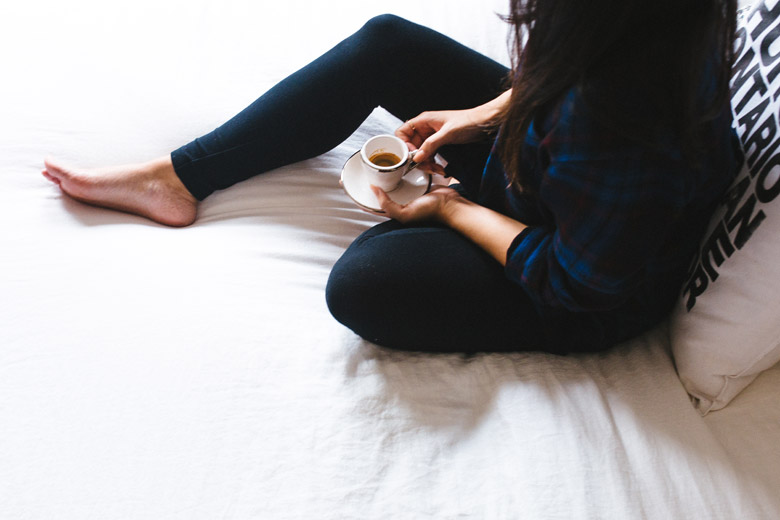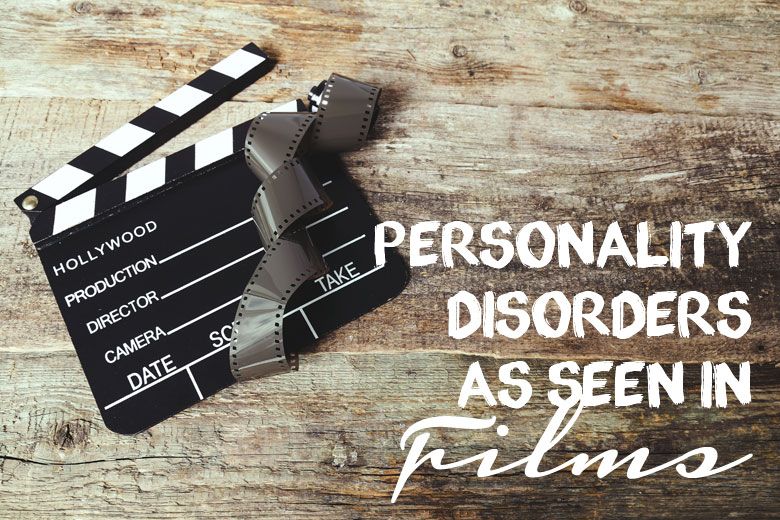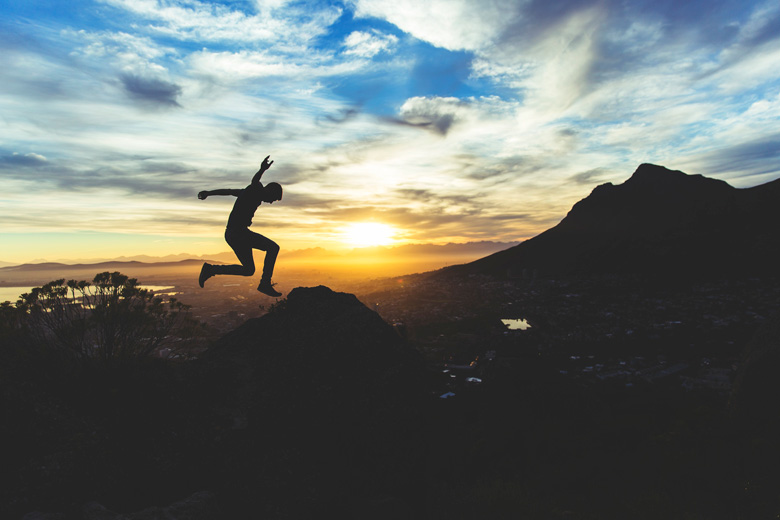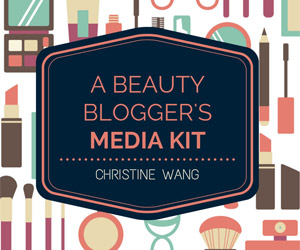A note from Tine: Welcome to another edition of Tim Talks! I know, it’s been a long time! For those who are new to Beautyholics Anonymous, Tim Talks is a series on the blog where my husband, Tim, will be sharing his knowledge to help raise mental health awareness. Tim is a psychiatrist who works in metro Melbourne. His area of interest is child, adolescent and youth psychiatry.
In today’s Tim Talks, he touches on the sensitive subject of addictions. A trigger warning is advised.

Hi BA readers, I hope you are all keeping well. I have been somewhat ‘absent’ in the past months from Tim Talks, in part because I haven’t been as disciplined in taking a more pro-active role in balancing work and other commitments. As Tine reminds me, you have to practice what you preach, and so I hope my contributions will be more regular in the subsequent months to come.
In this write-up, I wanted to briefly cover on the topic of addiction, substances and some of the recent findings in this ever-expanding field. I hope this can be a catalyst to understanding why addictions can be so difficult to manage and will talk about specific management principles in another write-up. I really appreciate your comments, and I will try and answer your queries the best I can.
How do I know if I have an addiction problem?
There are differing definitions to this, generally speaking a lot of us will identify that if we have a very unusually high level of obsession and focus towards certain activities (such as gaming, drinking) that may indicate there is a potential addiction problem. In the field of addiction medicine, usually if someone develops a dependence on a substance, either physiologically or emotionally, that is where one will screen for any consistent patterns of addiction.
Dependence: What does that mean?
To spare you the specific neuro-biological underpinnings of dependence, I will give a very simplified version of what this term means. Essentially, substances such as nicotine, heroin and the like affect changes in the ‘reward’ system of the brain, which usually releases neurochemicals such as dopamine which results in pleasant or calming effects. The brain then craves, after a repeated pattern of use, the presence of these substances, and if it is not developed in a timely fashion, you experience withdrawal symptoms. Another common phenomenon is that normally a higher dose of a substance is required to reach the desired effect, which we generally term as building tolerance.
Is there an emotional dependence as well?
The brain physiologically changes to adapt to the substances that we use, but equally important is the role of emotional dependence. For instance, nicotine cigarette users normally have opportunities to socially connect with other users when they are smoking, and the act of smoking itself is linked with pleasant and euphoric feelings which is an emotional association. So even though you can manage the physiological dependence, the emotional connection is one that usually a lot of people will struggle with when quitting use.
Can you get addicted to caffeine?
As a self-confessed caffeine addict, and I blame it on the medical profession (quintessential for early morning ward rounds when working as an intern. Sigh.), I generally get some mild withdrawal symptoms of irritability and headaches if I don’t consume coffee in the morning. Caffeine works by blocking adenosine which in turn reduces the subjective feeling of drowsiness and enhances alertness. Although generally safe, you can consume too much caffeine especially if combining drinks such as coffee, energy drinks and exercise supplements (a lot of supplements have caffeine in it). Tine will always pull me up if I am about to get a third cup of coffee in the day. It is always prudent to consult your medical professional if you have any pre-existing medical conditions, and cautious use in pregnancy is also advised.
What about alcohol?
Although the media tends to portray poor health outcomes associated with illegal substances such as methamphetamine, this pales in comparison with those associated with alcohol misuse. Alcohol works predominantly on the GABA receptors in the brain, which exerts inhibitory actions on the nervous system, which is why people feel that their emotions are dampened. Drinking is ingrained in our social fabric, that there is also a lot of emotional investment that goes into drinking. A couple of things to watch for if you are feeling that drinking patterns are starting to become problematic: there’s a strong urge to have a drink in the morning, experiencing of withdrawal symptoms such as increased anxiety, sweatiness, increased irritability and nausea or vomiting, insomnia, consumption increasing in response to emotionally distressing life events.
It is also important to acknowledge that a big proportion of people who are struggling with depression may use alcohol as a means to self-medicate. Unfortunately, alcohol can contribute further to the depression symptoms, and will have to be addressed in the overall treatment.
Because of the significant complications of acute alcohol withdrawal, this usually requires close monitoring by a medical team or GP who is experienced in addictions, which could be provided in the community or in a detoxification ward setting. If the withdrawal is too abrupt (ie. stopping cold turkey), the likelihood of delirium tremens and seizures are significant.
What about marijuana?
Marijuana has again been quite heavily debated as there has been a momentum towards legalisation of medical marijuana in certain countries, including here in Australia. Contrary to previous beliefs, you will also develop dependence to marijuana if it is used for a long period of time; it used to be that neuroscientists couldn’t identify the specific receptors that marijuana worked on in the brain, but we know these to be cannabinoid receptors now. The level of evidence for supporting the use of medical marijuana is still in its infancy, and no doubt there have been growing support for conditions such as epilepsy where conventional medications have not been useful.
There is also some indication that a certain element in marijuana called cannibidiol has anxiety-relieving properties, but when you are using marijuana the proportion of cannibidiol is very variable, and the more potent hydroponically grown marijuana tends to have more of the active and anxiety-inducing tetrahydrocannibinol (THC). Another cautionary caveat is that there has been conclusive links that if you are susceptible to mental illness (such as strong family history of schizophrenia), the probability of experiencing a psychotic illness increases significantly if exposed to marijuana misuse.
Generally because THC gets stored into your fat cells when you have long-standing use, the process of withdrawal can be a very long one, lasting on average a few weeks. This is also one of the reasons why it is so challenging to come off THC, as cravings and the withdrawal symptoms can still be significant for weeks.
Again, marijuana is commonly used to self-medicate anxiety symptoms as well as to help restore sleep. Those who experience social anxiety also use it commonly to help with connecting with peers. In the case of both marijuana and alcohol, these are often used to also dampen and block the emotional pain, which serves to help them avoid feeling such intense experiences.
Where can I get help?
The first stage of getting help is recognising that you need some support and help to address patterns of addiction. In my view, addictions are normally a means of coping with a myriad of issues such as finding one’s identity, addressing anxiety and feelings of inadequacy, blocking feelings associated with past trauma and pain. If these underlying issues are not explored and worked through, breaking the cycle of addiction can be much more challenging. Enlisting help from your support networks can be quite confronting, but with added supports the likelihood of progress and recovery can be significantly improved. Your GP can point you in the right direction especially in planning medical management in managing drug and alcohol withdrawals.
Until next time, here’s to wishing all you readers good mental health.













i agree that the first step of curing an addiction is admission. first i have to admit, i have an addiction (i have stopped smoking for more than 3 years now). then only the healing and changes can come. after admission to having a problem, the mind and heart will take over what needs to be done to solve the problem. its not easy admitting having an addiction.
Though I don’t have an addiction to the typical smoking/alcohol/illegal-drugs, I know I have an addictive personality, so I stay right away from gambling. I also need to be careful when gaming. If I wasn’t lucky enough to have a negative view of gambling, I have no doubt I could have lost a lot of money to it. Thankfully, I’ve never really been exposed and have been okay.
Very much hearing about mental health, since so few people know enough about it, compared to physical health.
Mel recently posted..What’s the Go with Rose Hip Oil?
Hey, Tim! I missed you!
Does Australia have the problems with medication addictions like we do in the US? Around here, a lot of people medicate with marijuana or alcohol because the health industry is in shambles Stateside.
To be honest, I’ve found four or five shots of vodka or rum to be far superior to… actually, every medication for pain and anxiety I’ve ever been prescribed. Xanax for PTSD made me dissociate so far that I’d forget where I was, and I already tend to be dissociative as a regular state of being. Painkillers either had me sleeping 10-15 hours a day and nonfunctional the rest (“What does that red traffic light mean again? I know it’s important…”), or they didn’t work at all, or they just made things even worse. x.x Or I can have a glass of rum and go back to 8-12 hour shifts waitressing with several herniated discs, impacted vertebrae, and two dislocated shoulders without too much of a problem. You describe alcohol as dampening emotions, but I have the opposite effect: I can become bubbly, whereas sober me tends to come off as ‘flat’ or mechanical to other people. I’ve been told it makes some customers nervous… so it tends to be useful for me to come in tipsy.
(other commenters, feel free to ask questions. I don’t mind at all.)
BebeTaian recently posted..Pagan Wiccan Incense + Incense Burner Kits – Choose Your Own! Health Protection Love Wealth Dreams Cleansing by BebeTaian